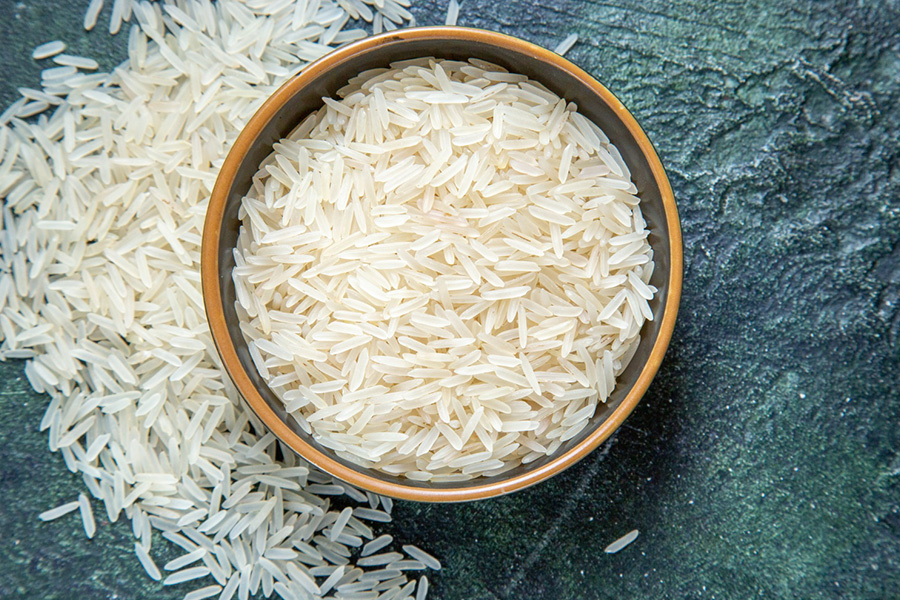
India’s concern over disruption in the global supply chain must be understood in the context of the overall international economic impact.
Authors
Tridivesh Singh Maini, Assistant Professor, Jindal School of International Affairs, O.P. Jindal Global University, Sonipat, Haryana, India.
Summary
India’s lucrative rice trade is at risk after repeated attacks on its ships on the Red Sea. Since mid-November 2023, Iran-backed Houthi rebels have been striking cargo vessels — even some bound for Iran — as part of a wider strategy to disrupt global supply chains.
New Delhi is worried its exports of basmati rice, worth USD$3.97 billion in export earnings (for the period April-December 2023), could be hit. On an official visit to Tehran in November 2023, Indian External Affairs Minister S Jaishankar told his Iranian counterpart the attacks were “…a matter of great concern to the international community” and “obviously, it also has a direct bearing on India’s energy and economic interests.”
Jaishankar added that “this fraught situation is not to the benefit of any party and this must be clearly recognised”. The joint statement by Jaishankar and Iranian Foreign Minister Amir-Abdollahian viewed the Houthi attacks as a “perceptible increase in threats to the safety of maritime commercial traffic in this important part of the Indian Ocean”.
The Houthis’ unexpected strikes against Indian shipping on the Red Sea figured high during Prime Minister Narendra Modi’s February 13 deliberations with United Arab Emirates President Sheikh Mohammad bin Zayed Al Nahyan. This happened against the backdrop of the wider geopolitical situation in West Asia.
The Yemen-based Houthis attacks on Red Sea shipping have not only had a significant impact on global trade and oil prices, but also in geopolitics. The US and India took little time to respond, throwing in their navy resources to protect shipping lanes and ensure commercial vessels remained safe against the backdrop of the larger Israel-Hamas conflict.
Published in: South Asia Monitor
To read the full article, please click here.

